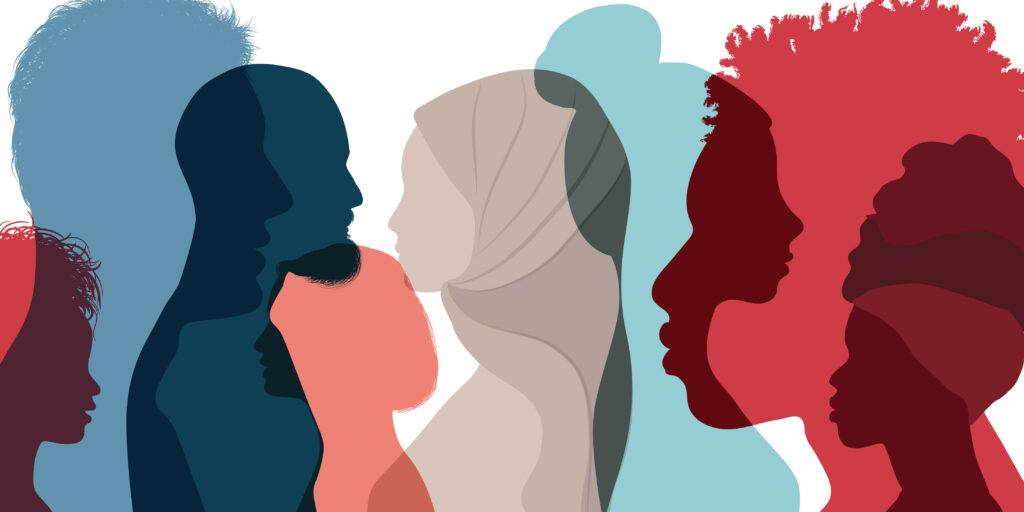Gender equity stands as a cornerstone of modern societal progression. In every corner of the globe, efforts are underway to dismantle barriers and foster equal opportunities for all genders. While progress has been made, significant challenges persist, requiring collective action and continued commitment to achieve true equality.
Understanding Gender Equity
Gender equity entails fairness and justice in the treatment of individuals, irrespective of their gender identity. It emphasizes equal access to resources, opportunities, and rights, regardless of gender. This principle recognizes that gender should not be a determinant of one’s access to education, employment, healthcare, or participation in decision-making processes.
Challenges and Barriers
Despite progress, systemic biases persist, hindering gender equity. Social norms, stereotypes, and institutional discrimination impede the path to equality, perpetuating disparities in various spheres of life. Economic inequality, limited access to education, and cultural expectations often restrict the opportunities available to women and marginalized gender identities.

Education and Empowerment
Education serves as a catalyst for gender equity, empowering individuals to challenge stereotypes and pursue their aspirations freely. Access to quality education enables individuals to break barriers and contribute meaningfully to society. Moreover, education plays a crucial role in promoting gender equality by fostering critical thinking, promoting awareness of gender issues, and empowering individuals to advocate for their rights.
Economic Participation
Equal economic participation is crucial for gender equity. Closing the gender pay gap, providing access to entrepreneurial opportunities, and promoting women’s leadership in business are vital steps toward achieving economic parity. Furthermore, investing in women’s economic empowerment not only benefits individuals but also contributes to economic growth and sustainable development.
Political Representation
Political representation plays a pivotal role in advancing gender equity. Increasing women’s participation in decision-making processes and leadership roles fosters inclusive governance and reflects diverse perspectives. Measures such as gender quotas, affirmative action policies, and support for women in politics are essential for addressing the underrepresentation of women in political institutions and ensuring their voices are heard.
Health and Well-being
Ensuring access to healthcare services and reproductive rights is essential for gender equity. Addressing gender-based violence, promoting sexual and reproductive health education, and combating discriminatory practices are imperative for safeguarding individuals’ well-being. Moreover, promoting gender-sensitive healthcare policies and eliminating barriers to healthcare access can improve health outcomes for all genders.
Technology and Innovation
Harnessing technology and innovation can accelerate progress toward gender equity. Closing the digital gender gap, promoting women’s participation in STEM fields, and leveraging technology for social change are critical in driving inclusive development. Initiatives such as mentorship programs, coding boot camps, and initiatives to promote women’s entrepreneurship in the tech sector can help bridge the gender gap in technology and empower women to pursue careers in STEM.
Global Initiatives and Collaborations
International efforts and collaborations are instrumental in advancing equity. Platforms like the United Nations Sustainable Development Goals (SDGs) provide a framework for collective action, aiming to eliminate gender disparities globally. By working together, governments, civil society organizations, and the private sector can leverage resources, expertise, and networks to address the root causes of gender inequality and create a more equitable and inclusive world for all.
Conclusion: A Call to Action
Gender equity is not a distant ideal but a pressing imperative for a just and inclusive world. By dismantling barriers, challenging stereotypes, and promoting equal opportunities, we can create a future where every individual, regardless of gender, thrives. It is essential for individuals, communities, and societies to commit to gender equity and take concrete actions to create a more equitable and inclusive world for future generations.

